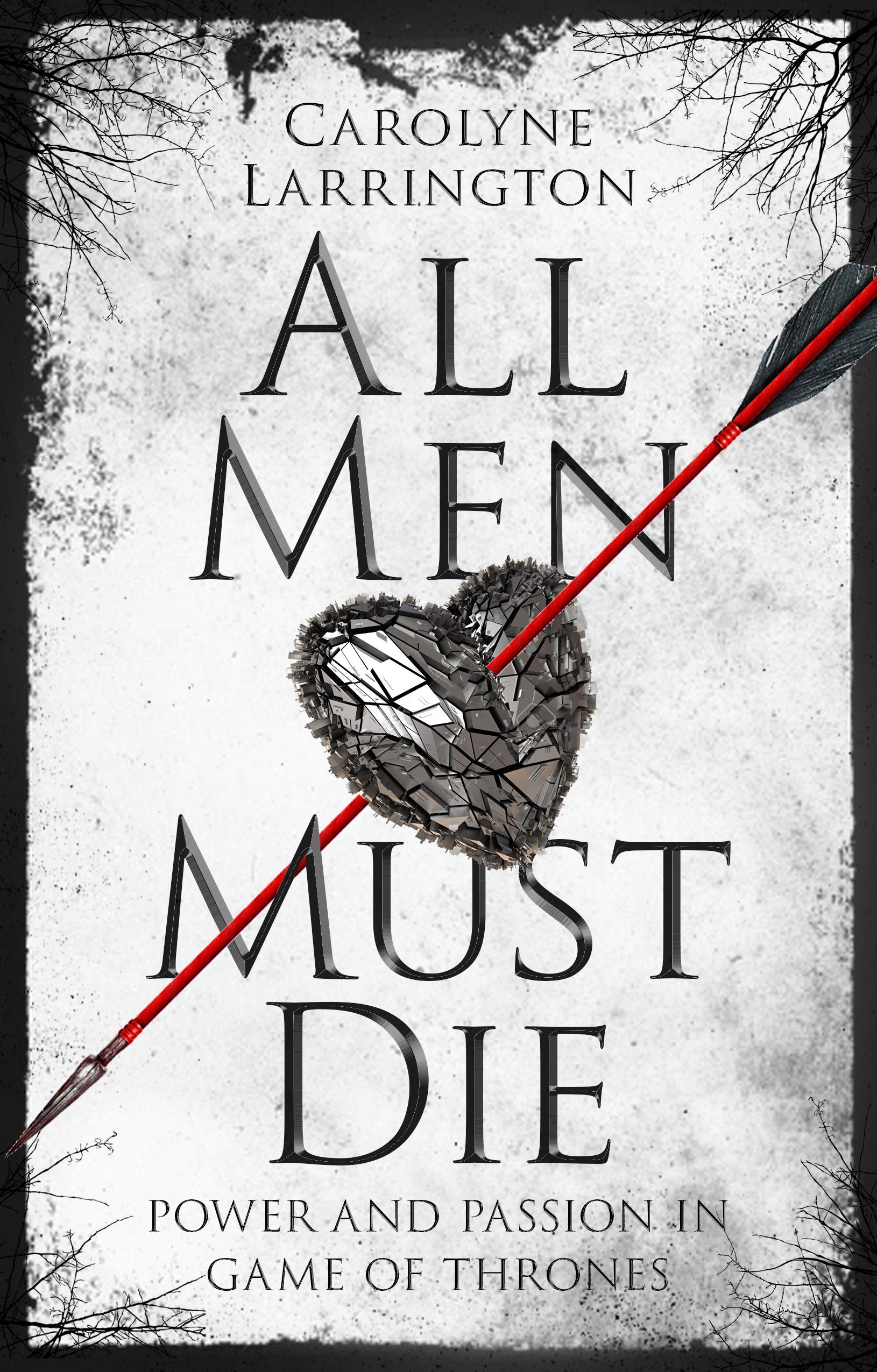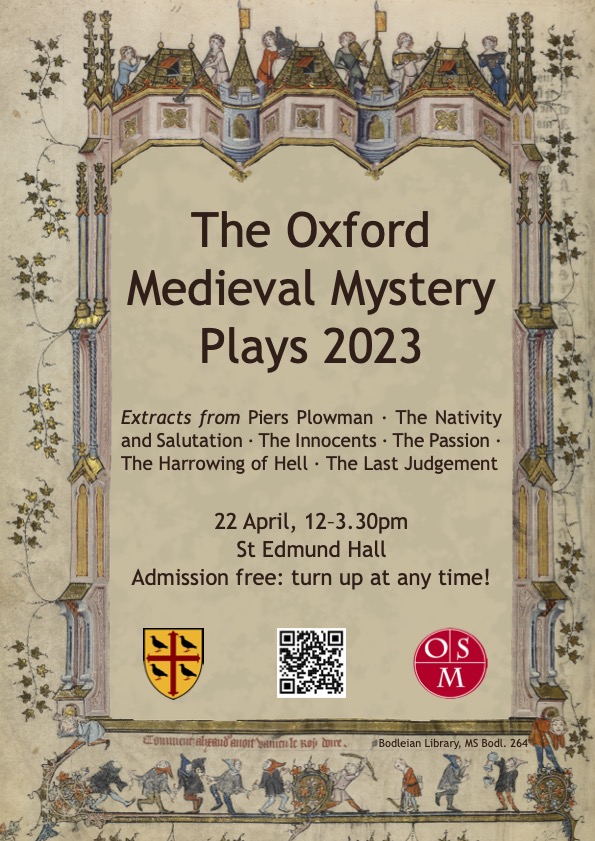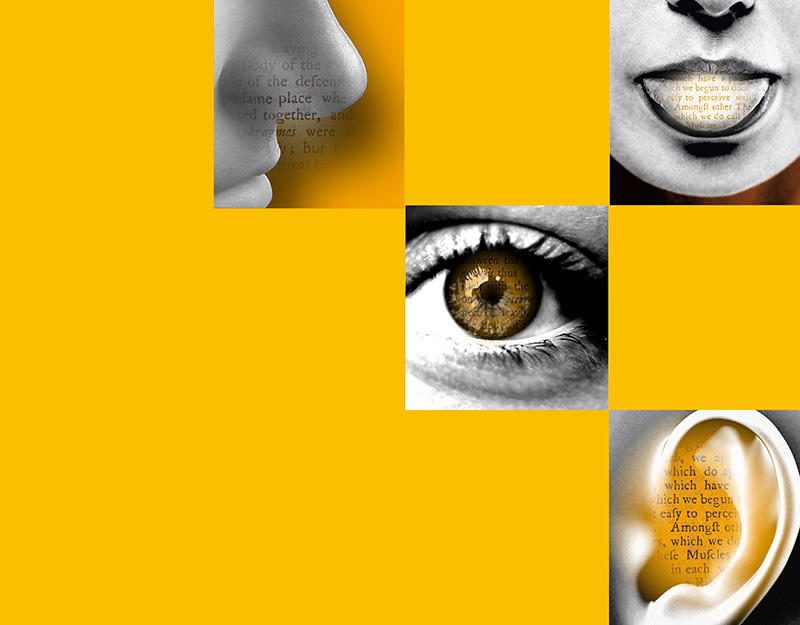When: 7 – 9.30pm on Friday, 21 October 2022
Where: Blackwell Hall, Weston Library
The event is free but booking is required. When you have booked your place, the ticketing system will send you an automated confirmation.
Join us in October at the Weston Library for a Library Late celebrating our exhibition Sensational Books.
From ‘living books’ and historic scents to conductive ink and tactile pages, enjoy taster talks, discussions, hands-on activities and live music to engage the five senses of sight, sound, taste, smell, touch and beyond.
Drop-in activities: 7 – 9.30pm, Blackwell Hall
Meet the Guide Dogs team of handlers and guide dogs and try simulation activities to explore the impact of sight loss.
Write beautiful calligraphy with a sensory twist.
Try embossing natural patterns and your initials in Gothic font.
Make a mini concertina book full of colour to explore the senses.
Print a ‘sensational’ keepsake to take away.
Senses in Conservation: discover tools and techniques using the senses with Bodleian Conservation.
Go on a scent journey with Dr Alexy Karenowska (Department of Physics, University of Oxford)
Meet artist Sam Skinner and discover how touch can make text speak
Discover Lit Hits and get a literary prescription with a sensory flavour.
Borrow a ‘living book’ from the Living Library to explore topics including:
- Making Sense of Sound with Professor Andrew King (Neurophysiology, University of Oxford) and Dr Kerry Walker (Neuroscience, University of Oxford)
- Books and Us: a 2000 year relationship with Professor Emma Smith (Professor of Shakespeare Studies, University of Oxford)
- Your Brain is not a Black Box with Professor Randy Bruno (Professor of Neuroscience, University of Oxford)
- Learning to Read the Whole Book with Professor Michael Suarez (Professor and Director of Rare Book School, University of Virginia)
- Touching the Alphabet with Dr Vaibhav Singh (Visiting Research Fellow in Typography & Graphic Communication, University of Reading)
- Multisensory books: on the enduring appeal of analog with Professor Charles Spence (Professor in Experimental Psychology, University of Oxford)
Taster talks
7.30 – 7.50pm: Multisensory books – on the enduring appeal of analog
Charles Spence, Professor in Experimental Psychology and author of Gastrophysics: The New Science of Eating
The predicted emergence of ebooks has not happened. And that is not just because the younger generations like an academic-looking backdrop to their social media posts. Books engage the senses in a way that is closely linked to nostalgia and memories. While the smell of books can be hugely evocative, the weight and feel of books, and even the sound of the pages turning have been shown to influence people’s perception of the contents. Books, then, are multisensory objects capable of stimulating the senses in ways that are both universal but also culturally-determined.
8.00 – 8.20pm: Senses and Sensibilities – approaches to bookbinding in recent accessions to the Bodleian Library
Andrew Honey, Book Conservator at the Bodleian Library
This taster talk will explore recent accessions to the Bodleian and the often-playful ways that book artists have approached concepts of both books and book bindings. It will also consider the challenges that these may pose for research libraries and conservators.
9.00 – 9.20pm: Sensory books – coming back to our senses to transform children’s digital reading
Natalia Kucirkova, Professor of Early Childhood Education and Development at the University of Stavanger, Norway
This taster talk will explore a cutting-edge project researching the power of smells and scents to transform children’s reading. The project includes a scented adventure trail which engaged children’s sense of smell in their exploration of the story ‘The Three Little Pigs’.
More highlights
The Smell Archive
Dr Cecilia Bembibre Jacobo, UCL Institute for Sustainable Heritage and Sarah McCartney, Perfumer
Space for Reading, 20-minute sessions at 7.15pm, 8.00pm and 8.45pm – sign up on arrival
After decades of engaging with history in museums and archives primarily through our eyes, we are rediscovering the value of a multi-sensory approach to cultural heritage. Smells, for example, are linked to aspects of heritage like traditions and tourism; they stand as symbols of a shared past and enhance visitors’ museum experience. In this session, we will share a framework to document scents and their meaning as personal or collective heritage. Sarah McCartney will provide creative context for the smell archival framework. Please join us for a nose-on evening, where we will develop an archive for a particular scent and explore its collective meanings and significance.
When Air Becomes Breath and Breath Becomes Spirit
Áine O’Dwyer and Hannah White, artist-performers
Blackwell Hall, 8.30pm – 8.45pm
Coupling the corporeal and ritual elements of mediaeval manuscript culture, and drawing from the agency of matter artist-performers, Áine O’Dwyer and Hannah White interpret the visual score element of Helen Frosi‘s installation, When Air Becomes Breath and Breath Becomes Spirit. Here, the body magics air into creative potential (inspiration), and the breath becomes a potent symbol of life itself.
B42 (Surrogate)
David Gauthier and Sam Skinner
Blackwell Hall, 7 – 9.30pm (drop-in)
Meet the artist Sam Skinner (Oxford Brookes University) and explore the leporello style book he produced in collaboration with David Gauthier (Utrecht University) which reproduces a section of the Gutenberg Bible using conductive ink, transforming the page into a capacitive sensor and enabling the reader’s touch to trigger recorded readings of the text.
Singing from the St Edmund Consort
Blackwell Hall, 7.30pm and 9pm

















